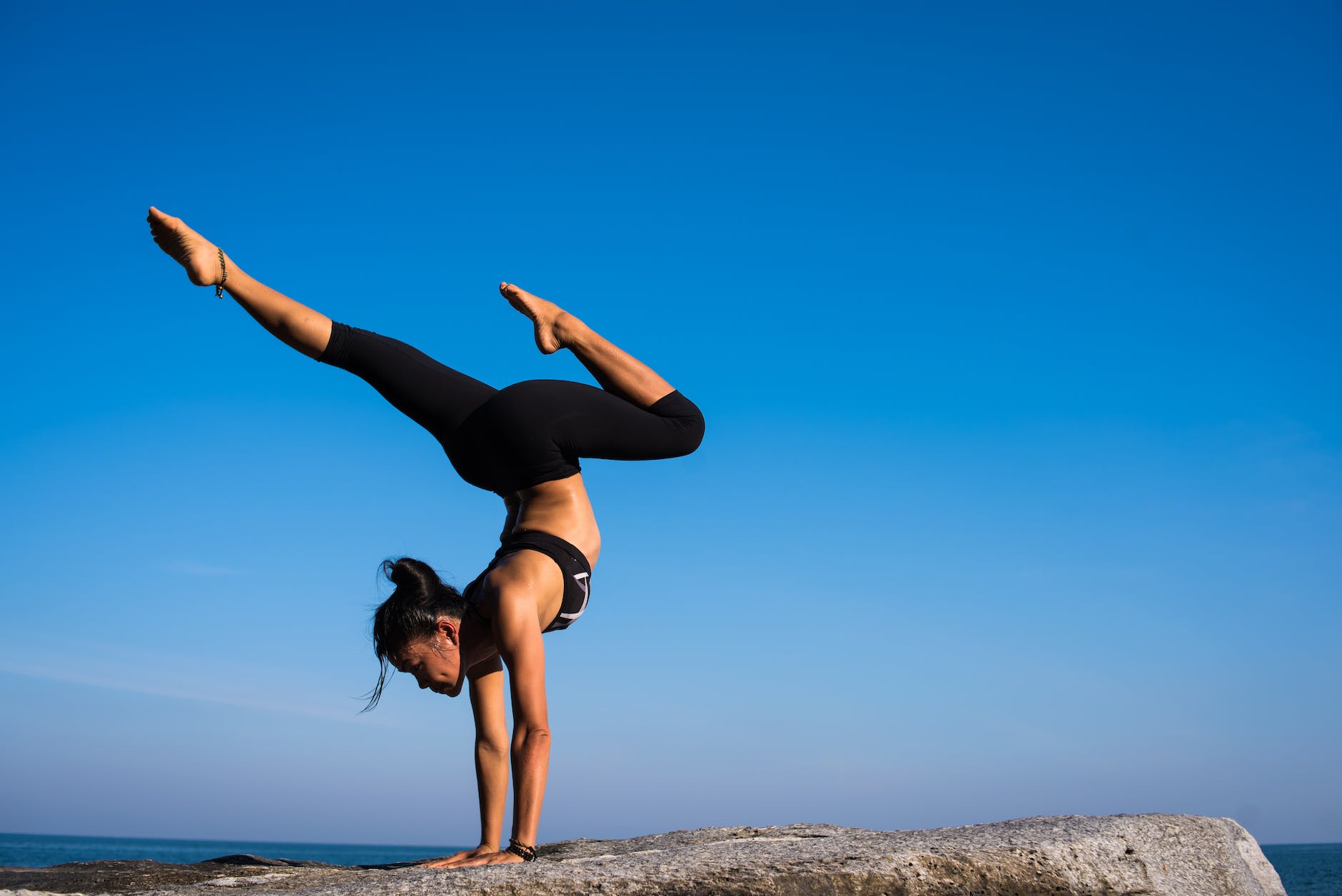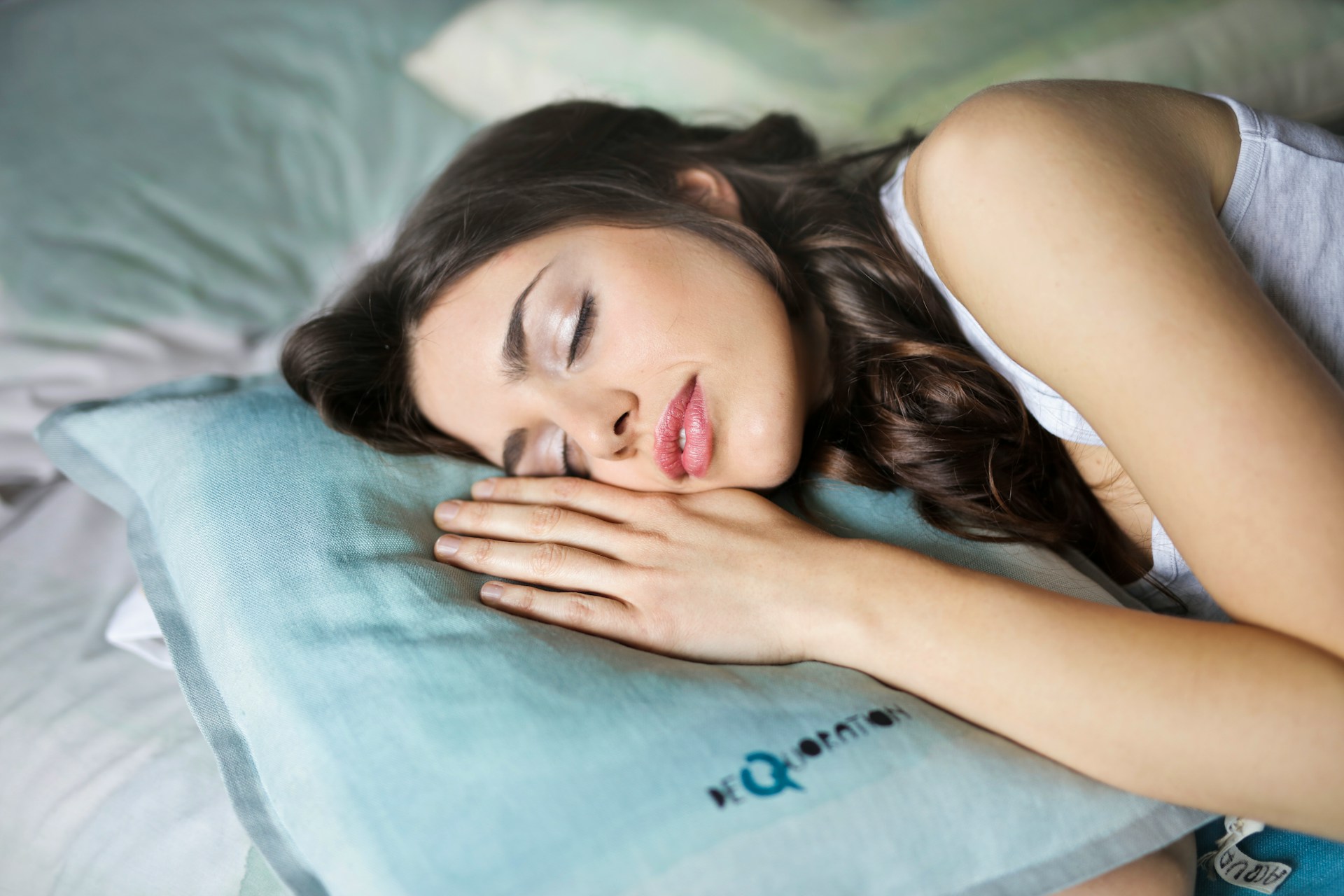Subhead : Shedding Light on Blue: This article is not exclusively about the benefit of blue light glasses, it is an important part of understanding how to take your fitness and wellness to the next level. Ever wondered why your eyes feel strained after a long day in front of screens? Enter blue light.
It’s that sneaky, high-energy wavelength emitted by digital devices. But fear not! Understanding its impact is the first step to combatting its effect.
The Good, the Bad, and the Blue Light

Picture this: blue light isn’t all doom and gloom. During the day, it boosts attention, reaction times, and mood—perfect for powering through that midday slump. However, once the sun sets, its darker side emerges. Blue light messes with our sleep by suppressing melatonin, the sleep hormone.
Blue Light’s Sneaky Side Effects
Here’s the kicker: prolonged exposure to blue light can lead to digital eye strain. Think headaches, dry eyes, and blurred vision—the ultimate trifecta of discomfort. Plus, it throws our circadian rhythm out of whack, leaving us tossing and turning come bedtime.
Now that we’ve peeled back the layers of blue light’s impact, it’s clear why protecting our peepers is paramount. Cue blue light-blocking glasses, our trusty sidekick in the battle against digital eye strain and disrupted sleep.
The Secret Sauce for Fitness Success
Hey, fellow fitness enthusiasts! Let’s talk about the unsung hero of our gains: quality sleep. You see, while we’re busy pumping iron and crushing cardio, our bodies are in repair mode during those precious hours of shut-eye.
: Muscle Repair and Growth Happen While You Snooze
Did you know that deep sleep is when our muscles undergo repair and growth? It’s like hitting the refresh button for our bodies, allowing us to wake up feeling stronger and ready to tackle our next workout. Plus, adequate sleep helps regulate hormones that affect metabolism and appetite—hello, weight management!
The Impact of Poor Sleep on Performance
Now, let’s talk about the dark side of sleep deprivation. Ever had a workout where you felt sluggish and unmotivated? Blame it on those restless nights. Lack of sleep can zap our energy levels, decrease coordination, and even impair decision-making—definitely not the recipe for a killer gym session.
So, how do blue light-blocking glasses fit into this sleep equation? Well, they’re like our bedtime superheroes, swooping in to save the day (or night). By filtering out the sleep-disrupting blue light emitted by screens, these glasses help signal to our brains that it’s time to wind down and catch some quality Z’s. So next time you’re scrolling through your phone before bed, consider slipping on those blue light blockers for a better night’s sleep and a stronger, fitter you!
click here to know about melatonin.
The Melatonin Miracle
Let’s talk about melatonin, our body’s natural sleep hormone. It’s like the Sandman’s secret weapon, signaling to our brains that it’s time to hit the hay and catch some Z’s.
Blue Light: The Melatonin Menace
But here’s the plot twist: blue light can throw a wrench into our melatonin production. You see, when we’re exposed to blue light, especially in the evening, it tricks our brains into thinking it’s still daytime, suppressing melatonin levels and making it harder to fall asleep.
Enter Blue Light-Blocking Glasses
Ah, but fear not, dear readers, for here come our trusty sidekicks—blue light-blocking glasses! By filtering out those pesky blue wavelengths, these glasses help preserve our melatonin production, ensuring we can drift off into dreamland with ease.
So, the next time you’re winding down for the night and reaching for your favorite bedtime read or scrolling through your phone, don’t forget to don those blue light-blocking glasses. Your melatonin—and your sleep—will thank you for it!
Set the Stage for Sleep Success
Creating a bedtime routine that includes blue light-blocking glasses is key to maximizing their benefits. Start by dimming the lights an hour before bed to signal to your body that it’s time to wind down.
Unplug and Unwind
Step away from the screens! As tempting as it may be to binge-watch your favorite show or scroll through social media, give your eyes and brain a break from blue light-emitting devices at least an hour before bedtime.
if you want to learn something on getting a goodnight sleep as a fitness enthusiasts, click here to learn more
Make Blue Light Glasses a Bedtime Staple
Keep your blue light-blocking glasses by your bedside as a reminder to slip them on before you cozy up with a book or catch up on your nighttime reading. Incorporating them into your nightly routine will soon become second nature.
Now, let’s talk about some tips for seamlessly integrating blue light-blocking glasses into your bedtime routine. Because let’s face it, ensuring a good night’s sleep is just as important as hitting your fitness goals, right? So, here are a few simple yet effective strategies to make these glasses your new bedtime BFFs.
Start Slow and Steady
If you’re new to wearing blue light-blocking glasses at night, ease into it by wearing them for just a few minutes before gradually increasing the time. This way, your eyes can adjust gradually, and you’ll reap the benefits without feeling overwhelmed.
Pair with Other Sleep Aids
Blue light-blocking glasses aren’t the only tool in your sleep arsenal. Consider pairing them with other sleep aids like a calming cup of herbal tea, a lavender-scented pillow spray, or soothing sounds like white noise or nature sounds to create a tranquil sleep environment.
Consistency is Key
Like any habit, consistency is key when it comes to incorporating blue light-blocking glasses into your bedtime routine. Make it a non-negotiable part of your nightly ritual, and before you know it, you’ll wonder how you ever slept without them. So, whether you’re winding down with a good book, journaling about your day, or simply enjoying some quiet time before bed, slip on those blue light-blocking glasses and let them work their magic. Your eyes—and your sleep—will thank you for it!
Ease into the Transition
Start by wearing your blue light-blocking glasses for short periods in the evening, gradually increasing the duration as you become accustomed to them. This gradual transition will help your eyes adjust more comfortably to the reduced exposure to blue light.
Create a Relaxing Environment
Enhance your bedtime routine by creating a calm and soothing environment. Dim the lights, turn off electronic devices, and engage in relaxing activities such as reading, meditation, or gentle stretching. Pairing these activities with wearing blue light-blocking glasses can further promote relaxation and signal to your body that it’s time to wind down.


